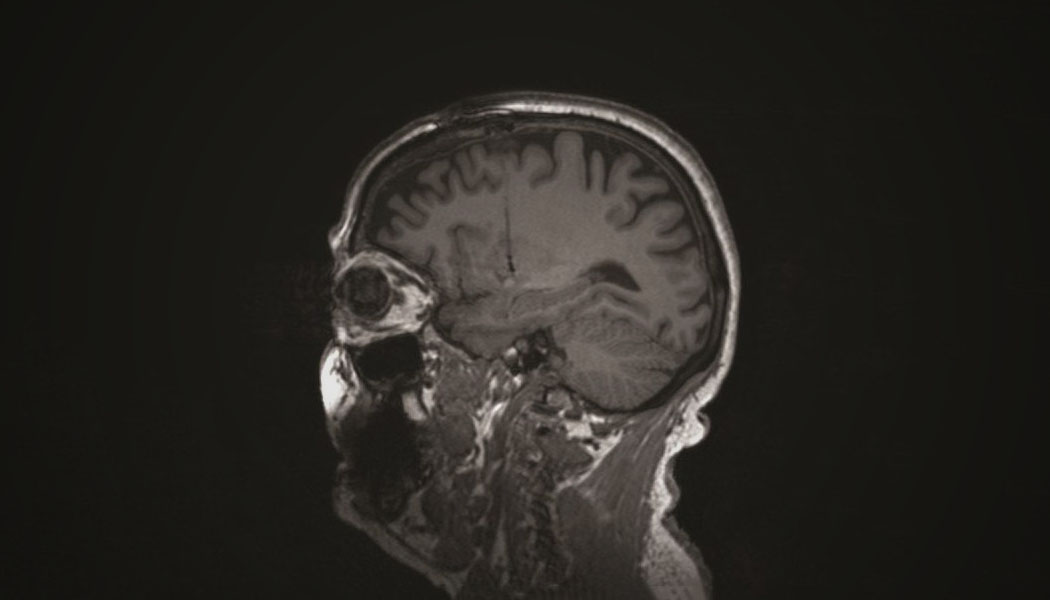
Neurochemical Reboot
New Zealand biotech company Living Cell Technologies has developed a treatment for Parkinson’s disease using choroid plexus cells from pigs. These cells are found in the area of the brain that manufactures a mix of signaling molecules and growth factors that maintain nerve health, so the researchers transplanted the healthy cells from pig donors into four human subjects. 18 months post surgery, the results are still promising, so researchers began a placebo-controlled trial in 18 additional patients in May.
Parkinson’s disease is characterized by the progressive loss of dopamine-making brain cells. Dopamine itself helps the brain control movement in the body. The aim of this treatment is to nourish existing healthy brain cells in recipients to slow or prevent further loss. Thus far, the technique has proven successful in the treatment of rats with a species-specific corollary of Parkinson’s disease.
“It’s putting in a little neurochemical factory to promote new nerve cell growth and repair,” Ken Taylor of Living Cell Technologies told New Scientist.
The researchers need the placebo-controlled results to ensure that they’re not observing the placebo effect; this is a particular concern in this case since the four patients reported immediate improvements and nerve cells cannot physically respond and regrow that quickly. Other studies have shown that symptoms of Parkinson’s disease appear to respond to the placebo effect at a high rate. However, because the results have been maintained for 18 months, it is also possible that the results are legitimate. Only the placebo-controlled data will reveal the truth.
